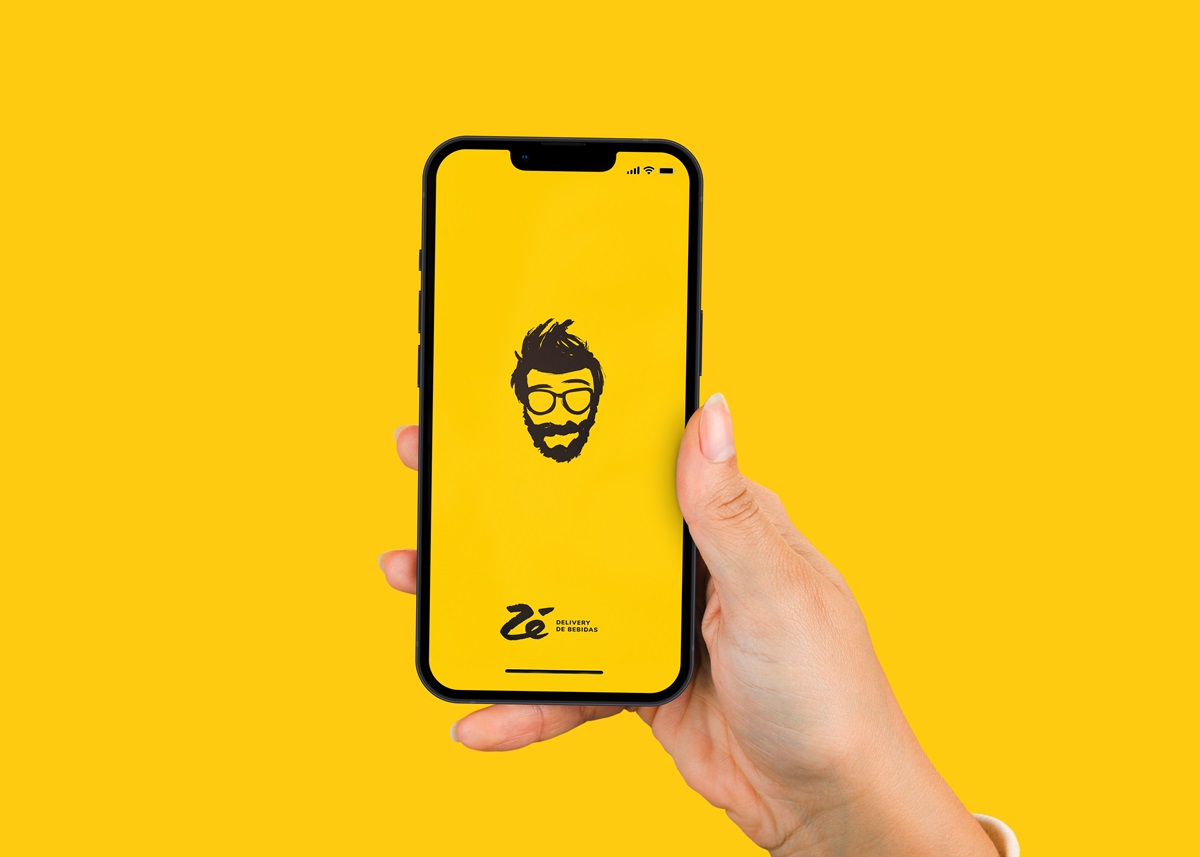Technology
How Wearables Transform Your Everyday Health and Wellbeing
Advertisement
In recent years, wearables have become an essential part of today’s connected lifestyle. These devices, which range from smartwatches to fitness trackers, are influencing the way we monitor our health and well-being.
With technology becoming increasingly integrated into our daily lives, the adoption of wearables is no longer just a passing trend. They offer an innovative and practical approach to staying healthy and fit.
The importance of these devices is reflected in the way we connect with our bodies and the world around us. However, understanding their impact on our connected routine is essential to using them efficiently.
What are wearables and how do they work?
Wearables are electronic devices that can be worn on the body, often in the form of accessories such as watches or bracelets. They have sensors that collect data in real time.
These sensors are capable of monitoring a variety of metrics, such as heart rate, sleep quality, and physical activity levels. This information is essential for better understanding your personal health.
Additionally, most wearables connect to smartphone apps, allowing users to analyze data more comprehensively. This helps in setting goals and tracking progress.
With internet connectivity, many wearables offer additional features such as message and call notifications. This functionality keeps users informed even on the go.
Therefore, the combination of health monitoring and digital connectivity makes wearables valuable tools in modern daily life. More and more people are adopting these devices to optimize their lives.
Health and well-being benefits
Wearables offer numerous health and well-being benefits. First, they help monitor daily physical activity, encouraging healthier habits.
With real-time information, users can better understand their bodies and adjust their exercise and diet routines. This results in significant improvements in quality of life.
Additionally, many wearables offer sleep tracking capabilities. This capability allows users to identify patterns and issues that may be affecting their rest and recovery.
The inclusion of alerts to move during the day is also a highlight. This feature combats sedentary behaviors, encouraging active breaks at work.
Finally, the connection between physical and mental health is also a vital point. Regular exercise, monitored by wearables, can contribute to better mental health and emotional disposition.
Wearables in everyday life
Integrating wearables into your daily routine may seem challenging at first. However, once incorporated, they become indispensable allies in organizing your day.
Scheduling physical activity becomes easier with reminders that encourage you to meet your personal goals, from walking to intensive workouts.
Additionally, the gamification offered by some apps makes the experience more fun. Users can compete with friends and receive virtual rewards when they reach personal milestones.
Another practical application of wearables is in stress management. Many devices offer breathing and meditation practices, helping to maintain emotional balance.
These aspects make it clear that the adoption of wearables is not just a fitness-oriented practice, but a connected lifestyle that promotes holistic health.
Popular features comparison table
| Device | Activity Monitoring | Sleep Monitoring | Notifications | Connectivity |
|---|---|---|---|---|
| Apple Watch | Yes | Yes | Yes | Bluetooth/Wi-Fi |
| Fitbit | Yes | Yes | No | Bluetooth |
| Garmin | Yes | Yes | Yes | Bluetooth/Wi-Fi |
Privacy and Security Considerations
Despite the benefits, it is important to address privacy and security concerns regarding wearables. These devices collect a significant amount of personal data.
Collecting sensitive information such as location and health data raises questions about how this information is stored and shared, so choosing devices from trusted brands is essential.
Additionally, users should pay attention to the privacy settings of associated applications. Adjusting these settings can ensure more secure and controlled use of personal data.
Being aware of what each app does with the data it collects is crucial. Being well-informed helps users make safer decisions about their use and sharing.
Finally, companies that develop wearables and apps have a responsibility to implement robust security measures. Transparency in privacy policies is a key factor in building consumer trust.
The future of wearables in healthcare
The future of wearables promises innovations that will further transform the healthcare sector. As technology advances, these devices are expected to become increasingly sophisticated.
New features, such as chronic disease monitoring, are being developed. This will allow patients to monitor their health more effectively with the help of professionals.
Additionally, integration with artificial intelligence can offer personalized health insights, tailoring exercise and diet recommendations to each user’s profile.
Biotechnology research also brings the possibility of wearables that monitor health markers in real time. This could revolutionize the way we deal with disease prevention.
This evolution continues to demonstrate the potential of wearables as an integral part of connected healthcare, positively impacting people’s lives.
Conclusion
Wearables are having a significant impact on connected lives, helping people monitor their health, manage their well-being and stay informed. As they evolve, they offer benefits that make everyday life easier.
With a clear understanding of their functionalities and a proactive approach to privacy, users can make the most of these technologies. Thus, the connection between health and technology will only grow stronger.
Adopting wearables is an opportunity to transform habits and promote a healthy lifestyle. Therefore, it is essential that each individual considers how these devices can benefit their daily routine.
Trending Topics

Check Your CPF Online: Keep Your Name Clean
Check your CPF online safely and keep your finances up to date. Avoid unpleasant surprises and protect your financial reputation.
Keep ReadingYou may also like

Zé Delivery Discount Coupons: Save Now!
Save at Zé Delivery with exclusive coupons and promotions. Discover tips to guarantee discounts on your favorite drinks!
Keep Reading


